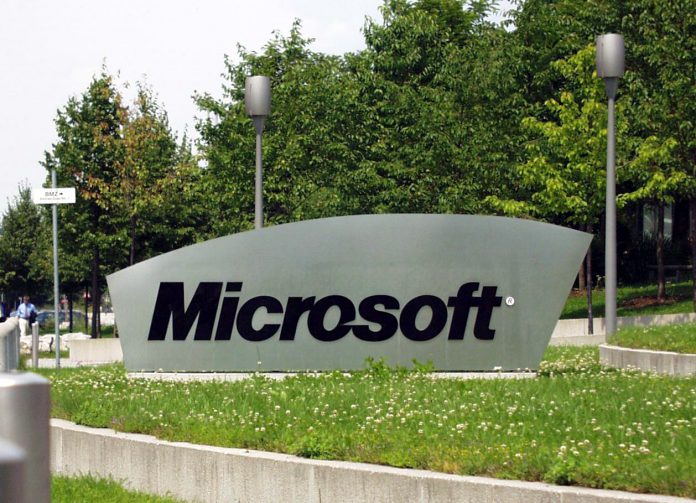In return for the tax, the group wants overhauls of existing regulations surrounding climate change. Specifically, the goal of the CLC is “protecting companies from federal and state tort liability for historic emissions”. Microsoft has recently called for more action to solve climate change, but ironically has become the first tech company to join the CLC. On the surface, joining a group including fuel giants like BP, Total, ExxonMobil, and Shell hardly screams the company is dedicated to environmental changes. Cities in the United States are increasingly taking the fossil fuel giants to court over their role in climate change. Microsoft and the CLC want legal immunity, not punishment. King County in Washington state is home to Microsoft’s Redmond base and is one of the regions with a lawsuit against oil giants. “When Microsoft is underwater it should ask itself if this is a good deal,” said Matthew Pawa, a lawyer representing King County, in its lawsuit against BP, Shell, Chevron, Exxon, and ConocoPhillips. “Microsoft and other tech companies have been looking for a whizz-bang technocratic solution,” he said. “But they don’t know what they are doing. This is a raw deal that would stick taxpayers with the bill for decades of carbon pollution. It’s much like the NRA trying to get Congress to give them a free pass from our system of legal justice.”
Microsoft Response
Cities are facing the brunt of climate change. More frequent and severe floods, storms, winds, drought, wildfires, and sea level rises are all occuring. Governments are tapping what they believe is the source of the problem, fossil fuel companies. They argue these companies have impacted the environment for decades and caused global changes. Microsoft says it joined the Climate Leadership Council because it supports a price on carbon. The company currently takes $15 a ton carbon fee from itself across the whole organization. Microsoft has committed to making 60% of its datacenters to use renewable energy by next year. “We are getting extremely impatient, frankly, for policy action on climate change,” Lucas Joppa, chief environmental officer at Microsoft, told the Guardian. “We support a carbon fee because we believe it’s a policy mechanism that works and accords with economic principles. For us, joining the CLC gives us the opportunity to have this debate at a federal level.” So, Microsoft wants to ditch fossil fuel, but what about legal immunity for oil giants? “There are a lot of details involved and we are interested in being part of the conversation,” he said. “The devil is the detail. We are looking to take an inclusive approach. We need to transition away from the use of fossil fuels. But that isn’t going to happen without the inclusion of the fossil fuel sector.”




